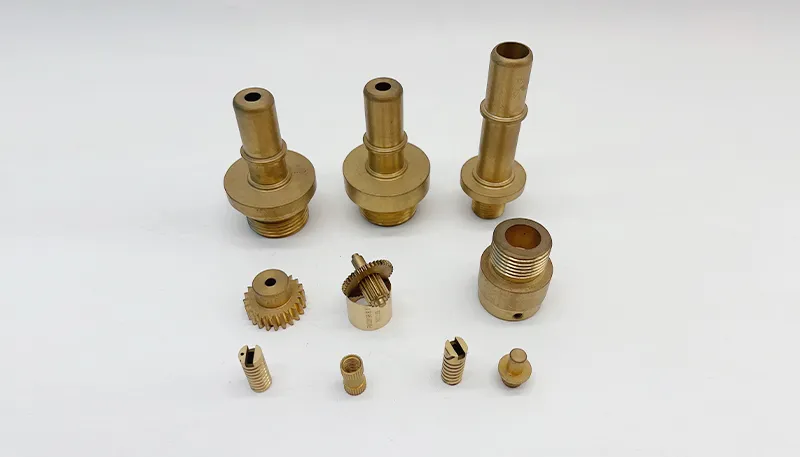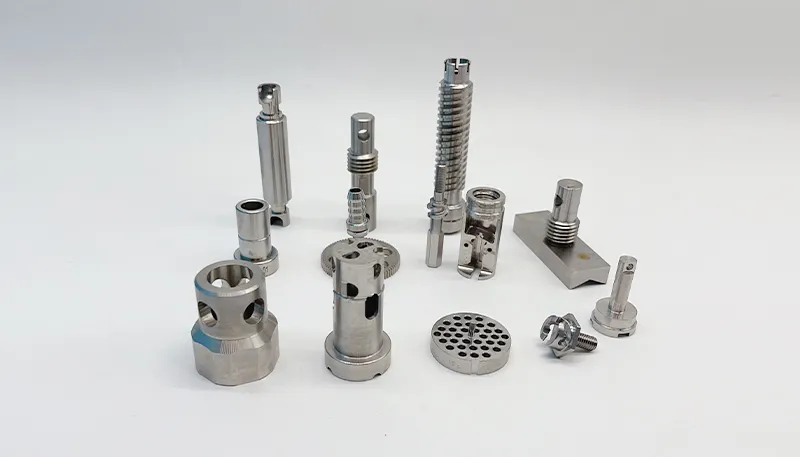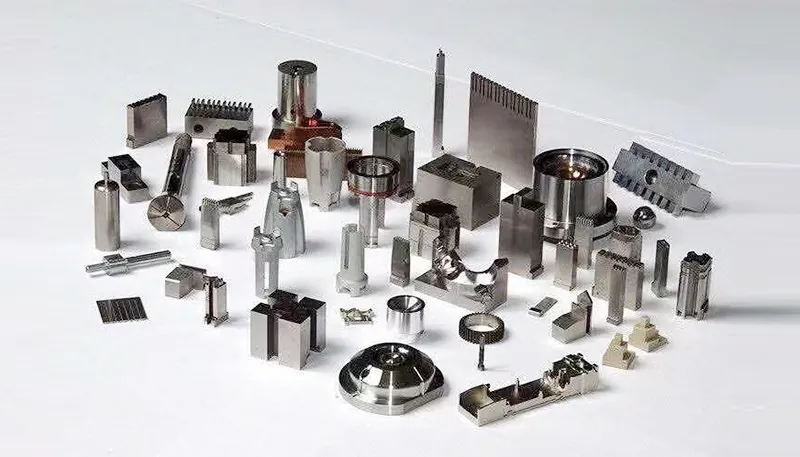Service


Our CNC Milling Capabilities
JX offer custom CNC milling services for a wide variety of plastics and metals. With our 3, 4, 5 axis CNC machining center, we can produce a variety of simple and complex CNC milled parts. Whether you need prototypes or production parts, we can handle it. We also have a variety of surface finish options so that your CNC machined part is exactly what you need it to be.
3-Axis, 4-Axis, 5-Axis For CNC Milling
JX is equipped with 3-axis, 4-axis, and 5-axis CNC milling capabilities. 3-axis and 4-axis CNC machines operate on the X, Y, and Z axes, which are the most commonly used CNC milling process. They are often applied to produce parts with relatively simple geometry.
5-axis CNC machines are the high standard and advanced type of CNC mill, which represents the manufacturing capabilities of CNC milling services. With this mill, we can machine 5 sides of a workpiece with one machine without multiple setups. Compared with 3-axis CNC milling, it is significantly more efficient and can be created geometrically complex parts with high accuracy.







Why Choose JX's CNC Milling Services
JX can offer cost-effective milling solutions whether you need a single part, a small batch of prototypes, or mass production. With our experienced team of engineers, we will deliver high-quality CNC milled parts for your project
CNC Milling Materials
There is a wide variety of CNC machined materials available for milling The most common materials are metals and plastics, but other materials such as composites can also be machined.
JX Prototype Precision Machining can cnc machine metal and plastics parts or components for you. Machinable materials including but not limited to Aluminum, Brass, Copper, Stainless Steel. Such as AL2014, AL2017, AL5052, AL6061, AL6082, AL7075, SUS201,SUS303, SUS304, SUS316, 316L, 17-4PH, LY12, 65Mn, Cr12, 40CrMo, AL6063 , ST12.03,SS2331, AISI12L14, Y15, 45#, Q275, ABS, Bakelite ,POM, PC, PEEK, Nylon, Teflon and Acrylic. How to get a instant cnc machining quote from JX Prototype Precision Machining?

CNC Milling Tolerances & Standards
Tolerances and standard finish can be used in order to help ensure quality and consistency in the milling process. By following these principles, we can avoid many potential issues that could lead to costly mistakes or product defects.



Machining tolerances: When machining a part, the tolerance is the allowable deviation from the desired dimension. The tolerance must be taken into account when setting up the machine and when producing the CNC milled part.
At JX, we follow the ISO 2768 standards for both machined plastic and metal parts. This ensures that our products meet the highest quality standards. Typically, we can hold a CNC machining tolerance from ±0.005″ (±0.125mm) to ±0.002″ (±0.05mm) or even tight tolerance of ±0.01mm.
Surface finish standards: The surface finish of CNC machined parts are important to consider. This is because it can affect the function of the part, as well as its aesthetics.
We offer the following surface finish standards. The typically machined surface roughness is Ra 3.2-1.6 μm; The smooth machined surface roughness is Ra 1.6-0.8 μm; The super-finished surface roughness is Ra 0.8-0.2 μm.
Quote Now to Start Your CNC Machining Project
Complete CNC machining services from prototype to production ensure high quality, fast delivery and competitive prices.
